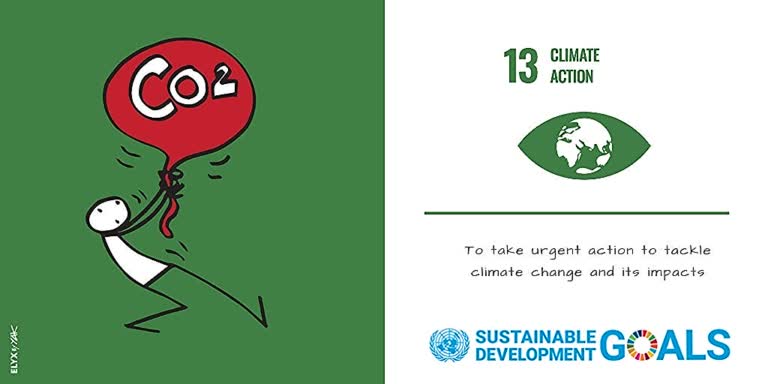We are committed to SDG 13 “Climate Action”, target 13.1: “Strengthen resilience and adaptive capacity to climate-related hazards and natural disasters in all countries.” Focusing in countries where we operate.
Planet
Increasing climate resiliency
we are. Planet

The impacts brought about by the effects of climate change are undisputable. Climate change is not a future event it is a present emergency. Organizations and individuals alike must act decisively to preserve humankind’s only home. Our planet’s preservation for current and future generations is a moral imperative. Sustainability is often defined as the “development that meets the needs of the present without compromising the ability of future generations to meet their own needs”, while development and innovation are necessary, both should be achieved responsibly.